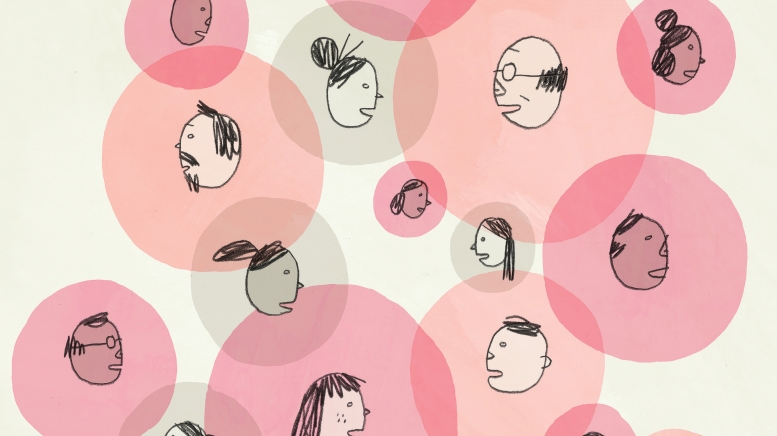On several occasions during the past two years, highly controversial speakers—from Milo Yiannopoulos to Linda Sarsour, among others—have visited our campus. In each case those with opposing views have asked me, ahead of those visits, to intervene and withdraw the invitation. In every instance I declined.
To me, there’s no single tenet more central to our ability to fulfill our academic mission—and the promise of this institution and our graduates—than freedom of expression. It’s a topic I’m asked about, over and over again, by students, faculty, alumni and staff, and one that my peers across higher education are grappling with, as has been well documented.
Dartmouth, at its very best, is a place where knowledge is created, viewpoints are expressed, assumptions are challenged and opinions are left to evolve. That’s the nature of learning. We take that for granted in the classroom, but the same holds true outside the classroom and in our lives outside of Dartmouth. The deepest learning can take place only through the free and open exchange of ideas conducted with dignity and respect on all sides.
We all know that we have standards of conduct and a set of principles by which we agree to abide as members of the Dartmouth community. These standards protect the right of every member of our community to speak freely and without fear. Yet Dartmouth aspires to be a place that goes beyond that—a place where opposing viewpoints are not only allowed, but also actively sought out. And I want every one of us to listen and give open-minded and fair consideration to those views, even if we disagree. Echo chambers may make us feel good, but they teach us nothing. I made this point emphatically in my 2016 Commencement address.
After all, if we’re free to question and challenge others’ views constructively, yet are unwilling to reexamine our own views when presented with new evidence or new ways of thinking, we should all be asking ourselves, “Why are we here?”
Listening—particularly to those with whom we disagree or to those whose points of view we don’t intuitively understand—lies at the heart of learning. Our ability to truly listen to others, beyond those who get their news from the same sources we do or who belong to the same groups or come from the same part of the country or the world, is what allows us to grow in wisdom and understanding. It’s why we come together in an academic community rather than pursue online degrees from our homes. It’s why Dartmouth values diversity in its community and is working so hard to enhance it.
Listening seems like a fairly basic skill, but it’s a skill that’s hard to master and one that’s increasingly lacking in public discourse. The tendency is too often to demean and dismiss rather than debate and discuss. Perhaps that’s because listening involves far more than hearing others’ words. It involves understanding where those words are coming from—who’s saying them, what experiences and motivations lie behind them and what evidence underlies one’s conclusions. Listening requires empathy, analysis and curiosity. It requires engagement.
Fortunately, empathy, analysis, curiosity and engagement are the hallmarks of great learners, and we are a community of great learners above all else.
I hope that when confronted with viewpoints different from our own, we will not close ourselves off, but rather open ourselves up and engage in meaningful dialogue with one another. Only then will we experience the full intellectual and personal growth we came to Dartmouth seeking for ourselves.




